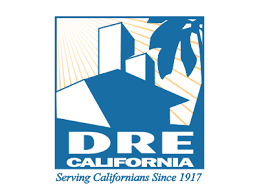Locations |
KEYBOXDRE 02086236About Our Broker: Los Angeles native, with a Bachelor's and Master's from Stanford University.
California Real Estate Broker Exam Perfect Score. |
What Our Clients Are Saying"Keybox is a rare balance of both approachable and professional, always responds quickly and efficiently when I reach out, and I trust the Broker completely. Highly recommended!!" |

 RSS Feed
RSS Feed

